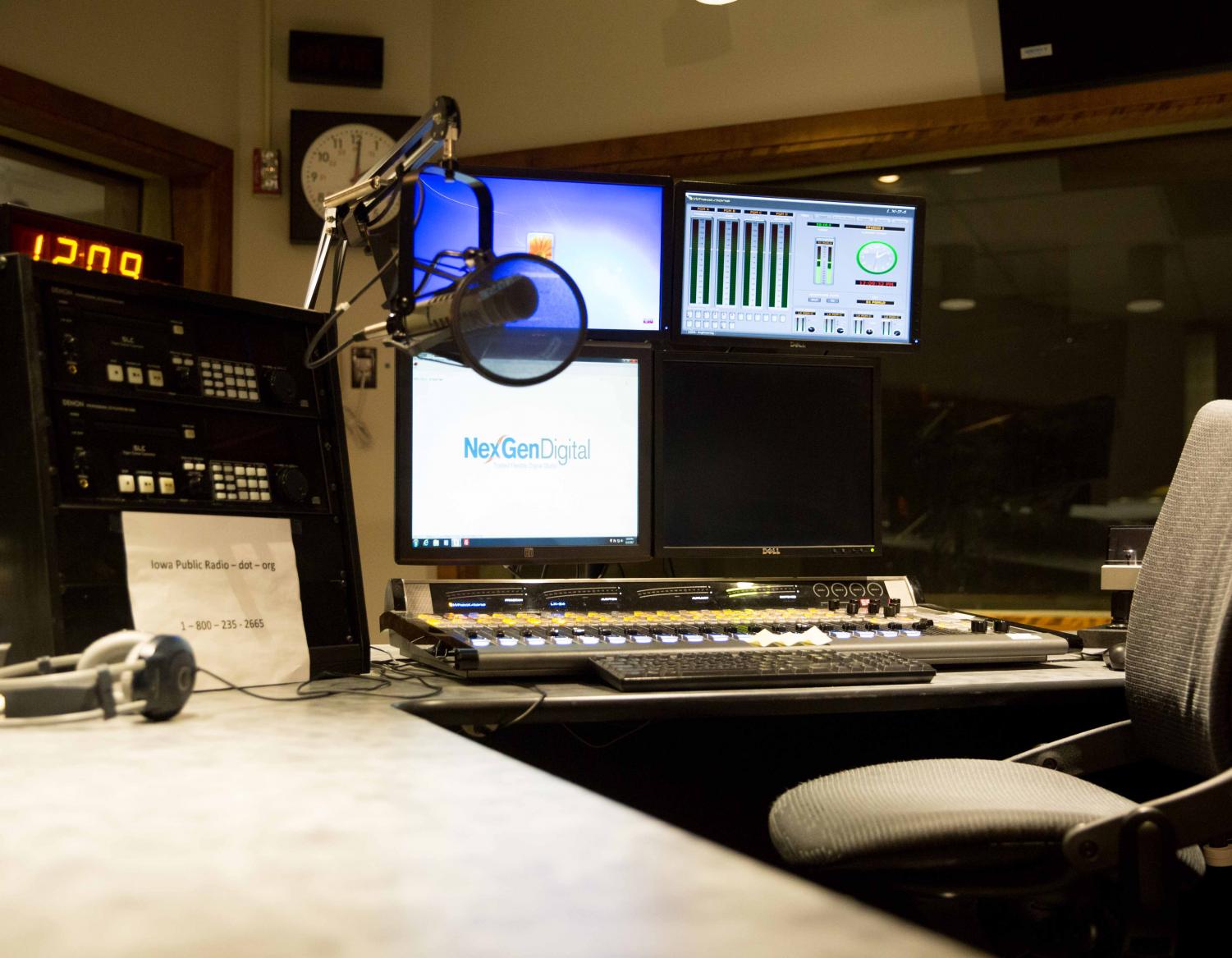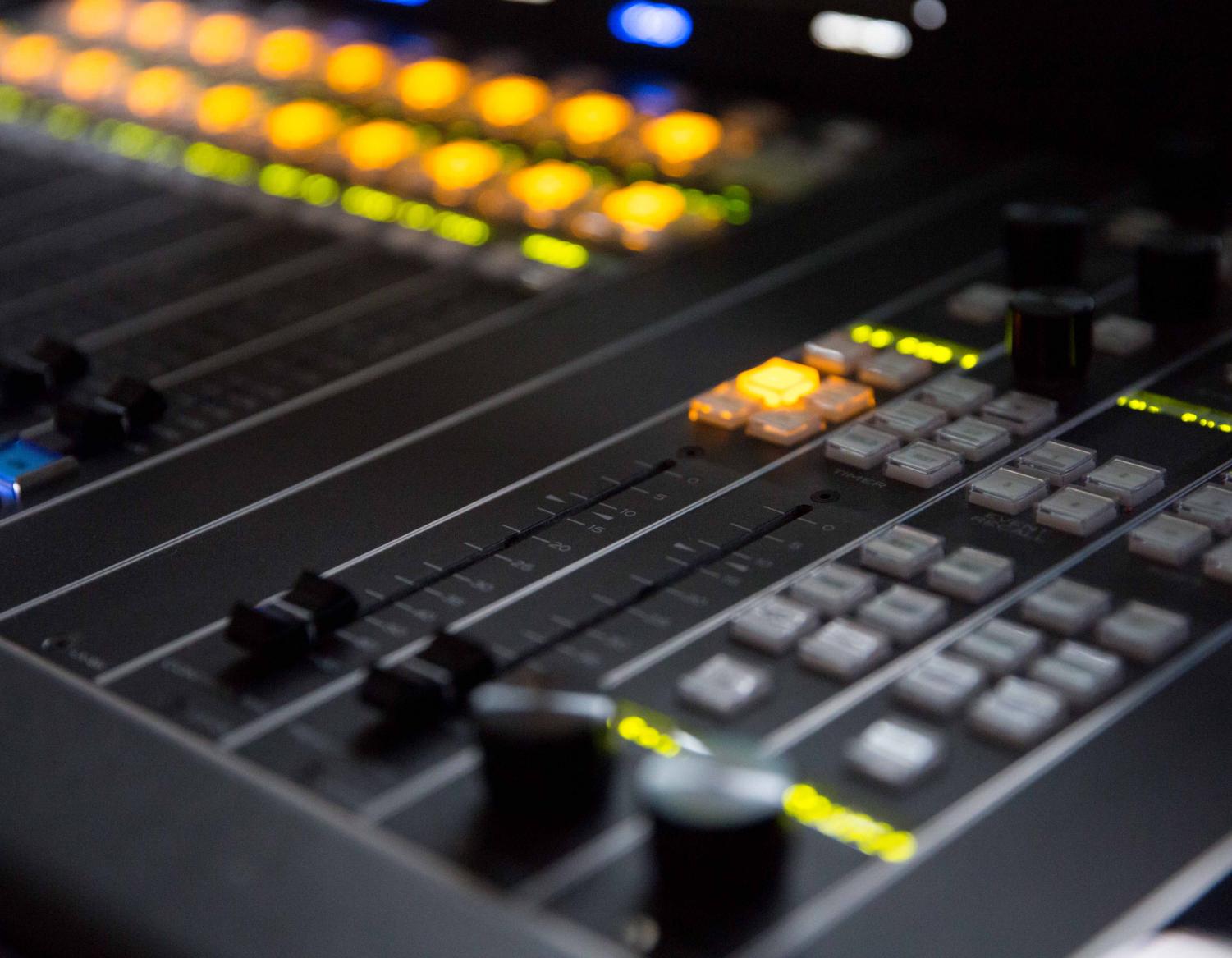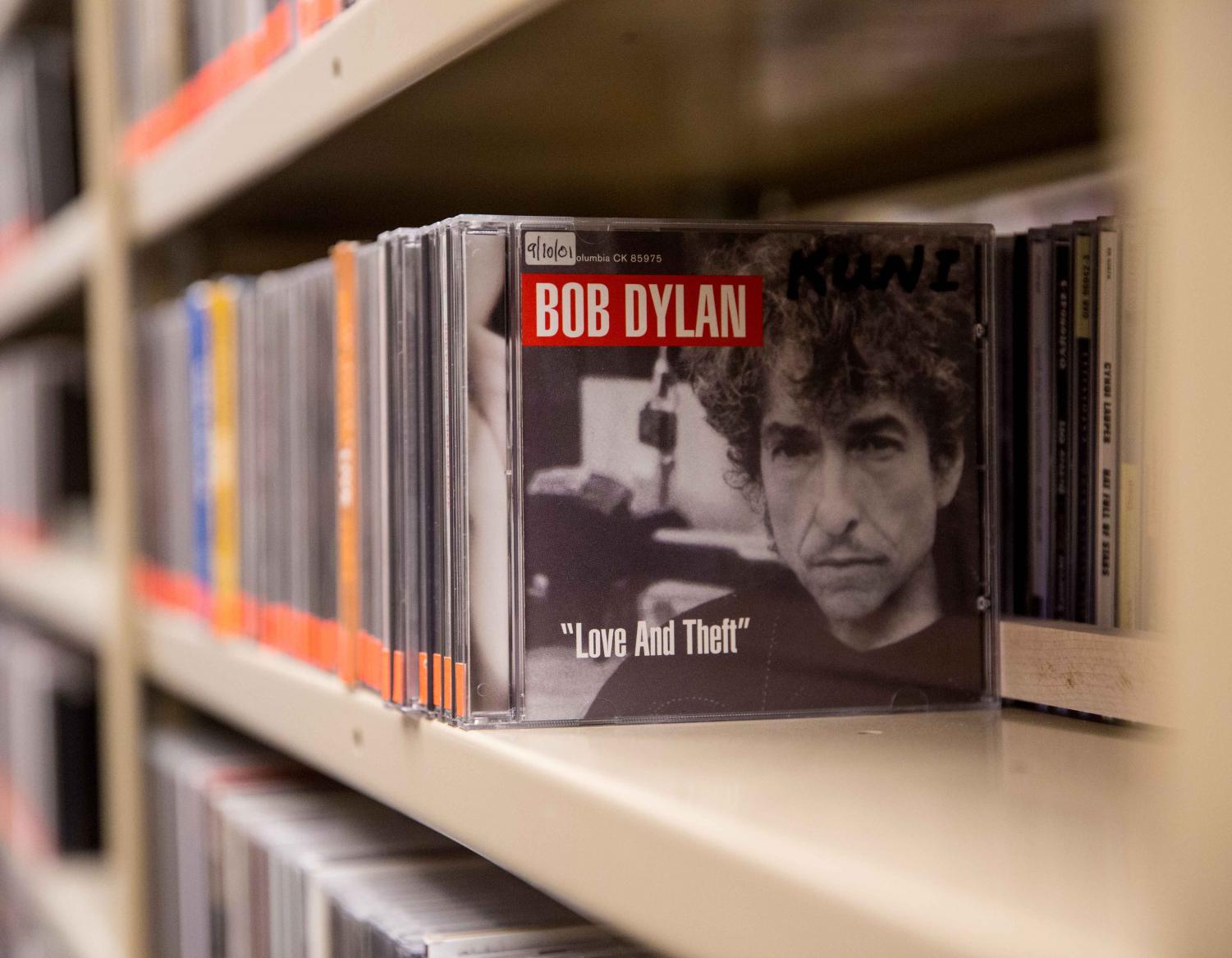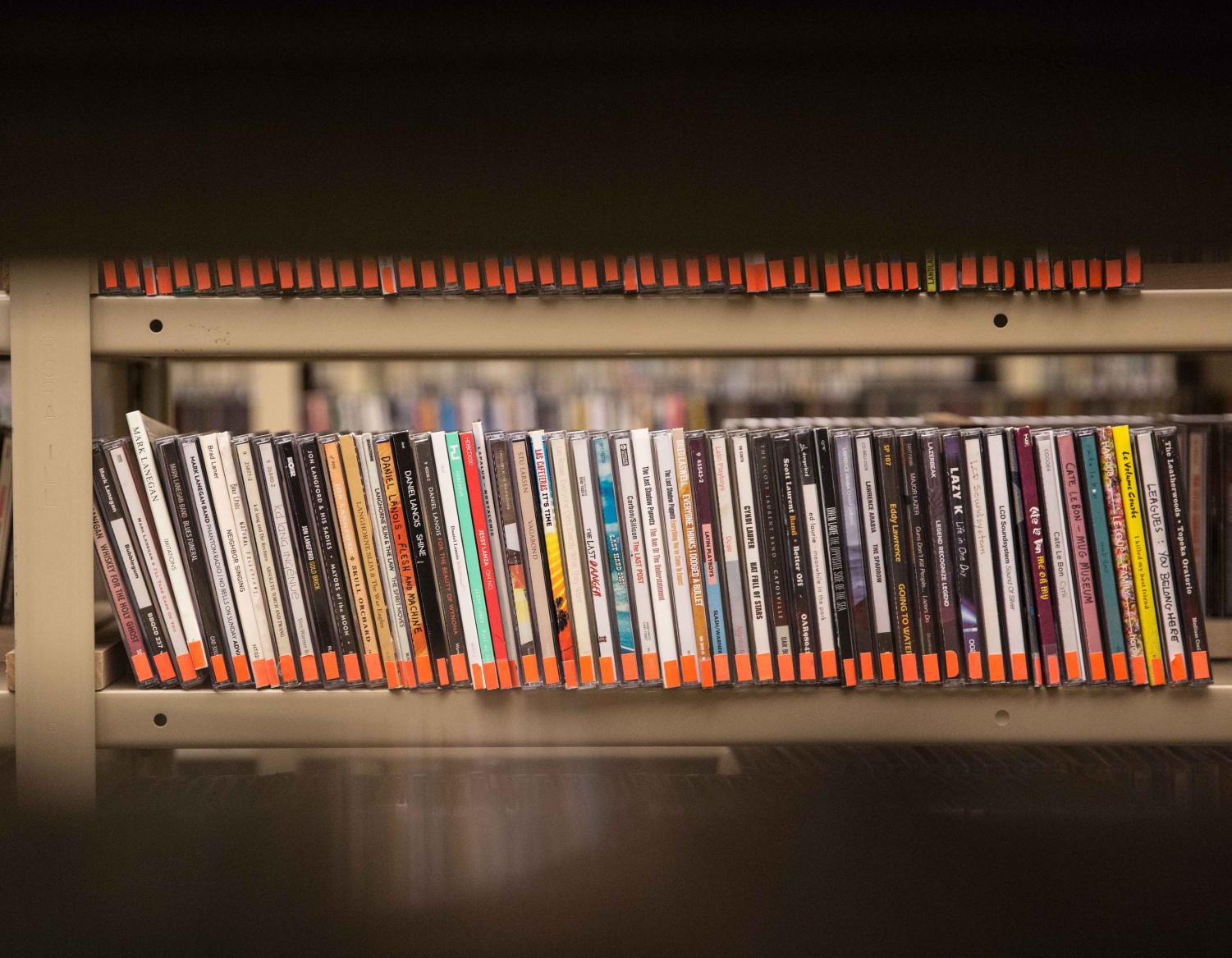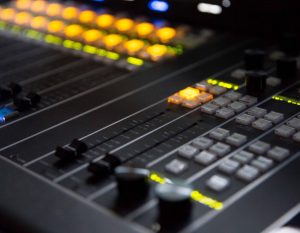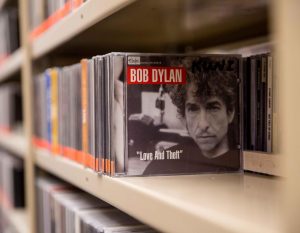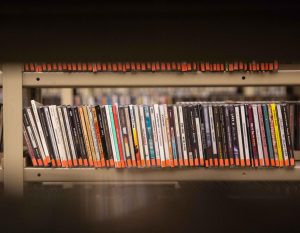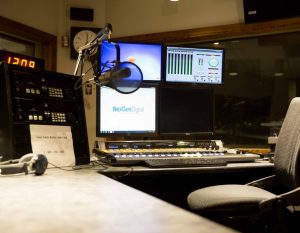Public Radio brings rock, news to UNI
Nov 2, 2017
The UNI museum recently debuted an exhibit highlighting the life and work of Herb Hake, a former UNI professor and radio director who had a large impact on radio in his time at UNI.
Hake’s legacy continues at UNI through Iowa Public Radio (IPR), which commemorated Hake by taking the call letters KHKE in 1972. Today, the Cedar Falls location of IPR is on the third floor of the Communication Arts Center.
“We’ve always kind of said we want to bring the world to Iowa and take Iowa to the world,” said Al Schares, the station’s music program director.
The studio operates two radio stations: KUNI and KHKE. KUNI transmits a mix of news and music, while KHKE plays classical music. Music production is a special focus of the Cedar Falls studio.
“All of the music that IPR produces is done here in this facility,” Schares said. “Programs that are produced by IPR producers are done here. Anything that we go out and record, we bring back here and do the post-production on it and get ready for air.”
IPR on UNI’s campus is also known for Studio One, a performance space with an audience room for up to 50 people. Schares said that local musicians perform there a few times a month, live on air.
Recent shows have featured Crystal City, Wooden Nickel Lottery and We Are the Willows, among others.
Studio One also broadcasts monthly from the Des Moines Social Club, which hosts shows by a variety of musicians. The studio covers music festivals around the state of Iowa as well, such as the 80/35 Music Festival held in Des Moines during the summer and other rock and blues events.
“We’re one of, I would say, only a handful of […] public radio stations who offer rock and roll,” Schares said. “We know how important a younger audience is to our future, to future growth.”
In addition, Iowa Public Radio broadcasts and records classical performances across the state, from symphonies to operas.
Schares said that this variety of programming has been a staple of Iowa Public Radio for decades. Doug Vernier, former director of broadcasting for KUNI and KHKE, contributed to the unique programming from the 1970s onward.
“[Vernier’s] belief was that public radio needed to appeal not just to older audiences but to younger audiences, as well,” Schares said. “I think he felt that it was important for future growth and support.”
KUNI and KHKE were officially moved to the Communication Arts Center in 1978. According to the Iowa Public Radio website, IPR was formed in 2004. The Iowa Board of Regents created the network in order to combine various radio stations based in each of Iowa’s three public universities. Now, IPR consists of 24 radio stations that transmit different combinations of news and music.
Schares explained that IPR is funded through a combination of state government, federal government, corporations and members.
However, the largest portion of its budget — around 40 percent — comes from listener contributions. This has become especially important in recent years with dwindling support from the state and federal government.
“If public radio wasn’t doing it, where would you find classical music on the radio?” Schares said. “Where would you find the brand of rock and roll that we’re playing? You know, the independents, the local ingredient, is very important to us.”
In addition to Cedar Falls, IPR has studios in Iowa City and Ames, with main offices located in Des Moines. Full daily and weekly schedules of programming are available on the Iowa Public Radio website.
Schares explained that Iowa Public Radio offers 24-hour streams of both news and classical music, in addition to the unique variety of rock music and beyond.
“That’s always been the most important thing to us, is to reflect the state that we live in and offer something that no one else offers on the air,” Schares said.


